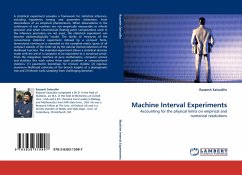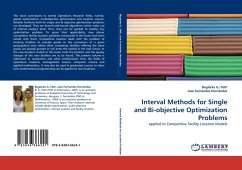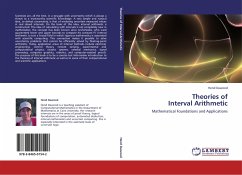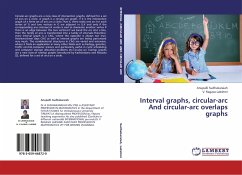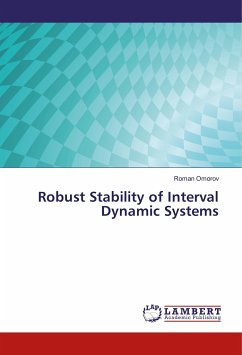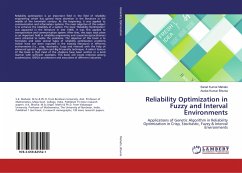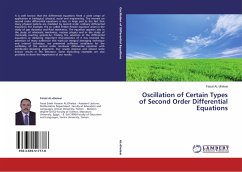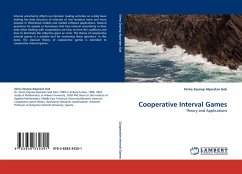A statistical experiment provides a framework for statistical inference, including hypothesis testing and parameter estimation, from observations of an empirical phenomenon. When observations in the continuum of real numbers are not empirically measurable to infinite precision and when conventional floating-point computations used in the inference procedure are not exact, the statistical experiment can become epistemologically invalid. The family of measures of the conventional statistical experiment indexed by a compact finite-dimensional continuum is extended to the complete metric space of all compact subsets of the index set by the natural interval extension of the likelihood function. The extended experiment allows a statistical decision made with the aid of a computer to be equivalent to a numerical proof. From the integrative interface of pure mathematics, computer science and statistics this work solves three open problems in computational statistics: (1) parametric bootstraps for mixture models, (2) rigorous maximum likelihood estimates of the branch lengths of a phylogenetic tree and (3) Monte Carlo sampling from a challenging densities.
Bitte wählen Sie Ihr Anliegen aus.
Rechnungen
Retourenschein anfordern
Bestellstatus
Storno

